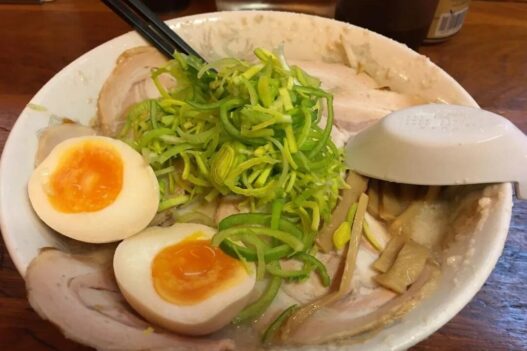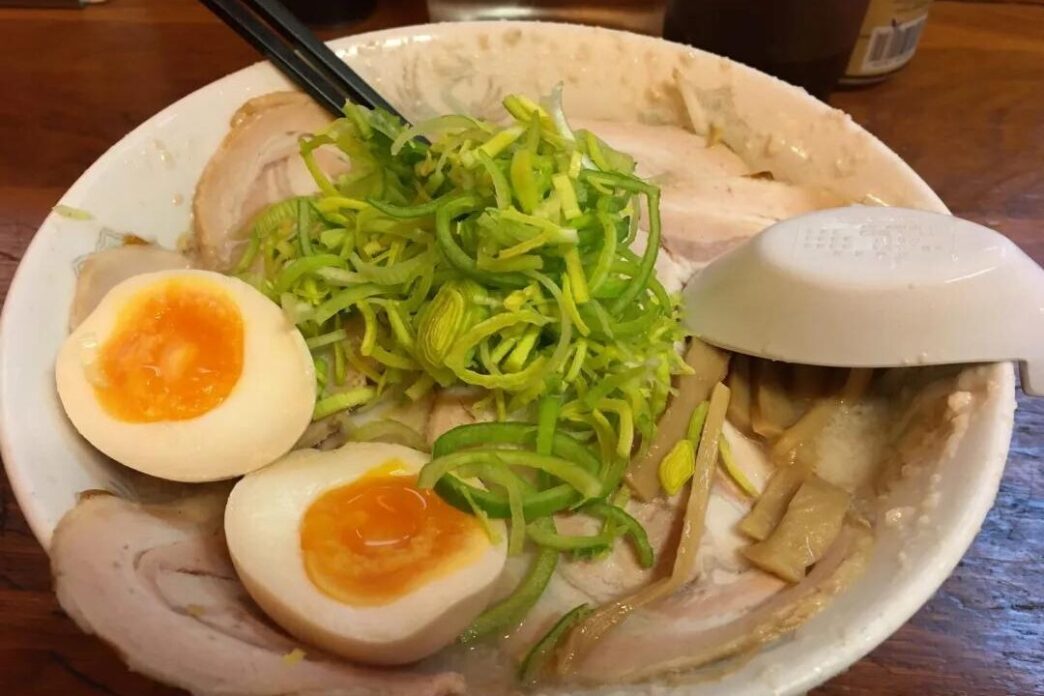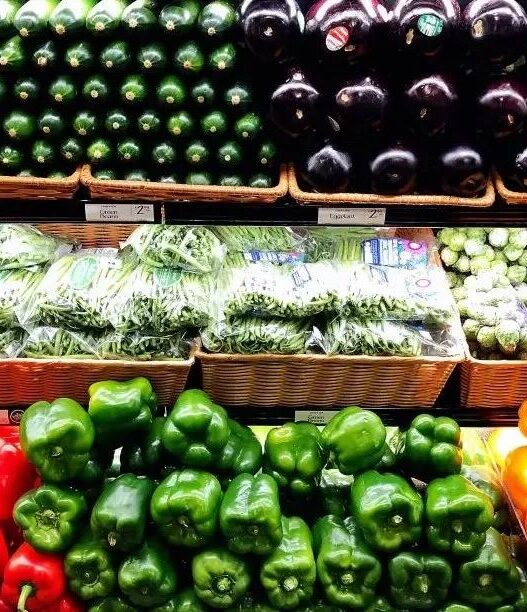Japanese Ramen: A Worldwide Culinary Phenomenon
Ramen, with its unique texture, rich broth, and perfect toppings, has captivated people globally.
Ramen Travels Across the Seas, Becoming “World Ramen”!
Japanese ramen has sparked a worldwide craze, with a notable opening in Tokyo’s Shinjuku Station in 2018. A famous ramen shop from San Francisco, featured in travel guides, introduced ramen evolved in America back to Japan. The U.S. ramen market is booming, with New Yorkers lining up for bowls costing around 2,000 yen. In Paris, the rich “Kotteri” ramen is a hit.

How Did Ramen Spread to America?
The global ramen trend started about 20 years ago, with David Chang, a Korean-American chef, introducing authentic ramen to New York after being inspired by Japan’s ramen culture. His shop, “Momofuku Noodle Bar,” adapted ramen to American tastes, leading to widespread popularity and accolades.
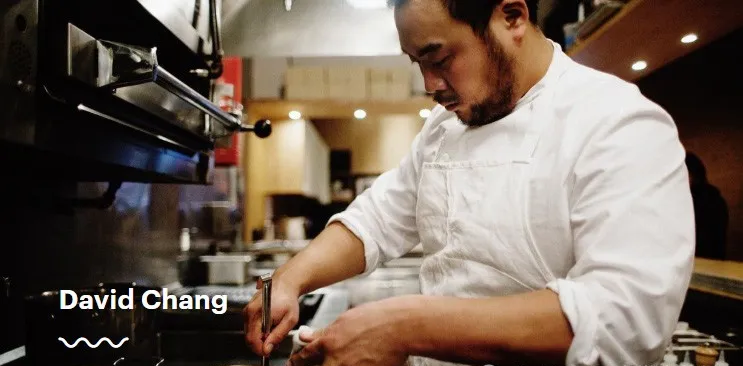
The Influence of Japanese Subculture
Anime and manga, like “Naruto” and “Pokémon,” have significantly influenced ramen’s global spread, with scenes featuring ramen creating a cultural impact.

Japanese Ramen’s Success in the American Ramen Battleground
“Ippudo” from Hakata, Japan, successfully introduced tonkotsu ramen to New York by:
- Creating a modern dining space.
- Allowing customers to savor the meal slowly.
- Modifying ramen to suit American preferences while maintaining authenticity.

Ramen Fever Reaches Europe
Ippudo’s success paved the way for ramen in Paris and London, with Parisians lining up for ramen with rich, lard-based broths. In Frankfurt, a shop specializing in tonkotsu ramen with unique noodles made from European flour mix has gained popularity.
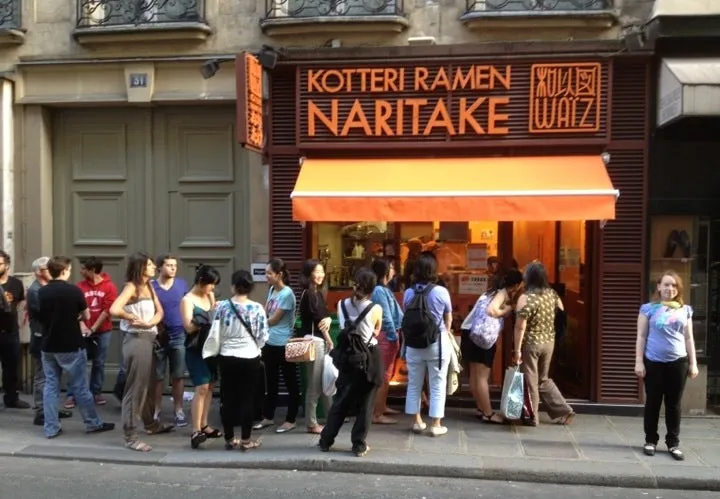
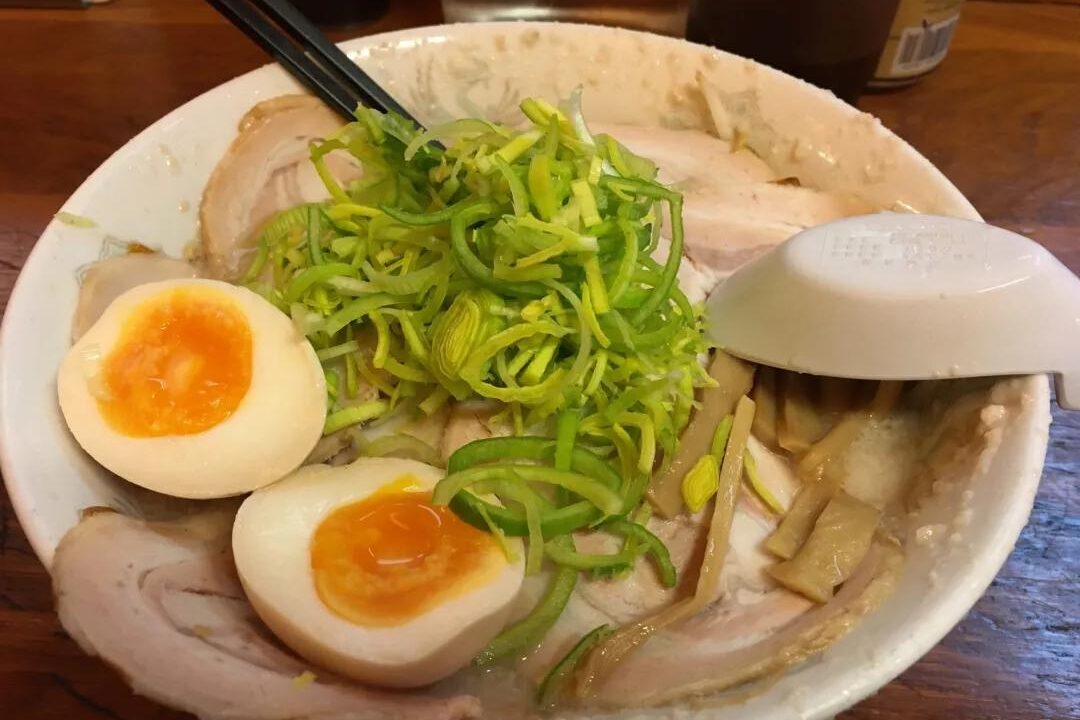
The “Japanese Experience” in Asia
“Santouka” from Hokkaido focuses on providing an authentic Japanese ramen experience in Asia, emphasizing food safety, taste, and service, rather than competing with local noodle dishes.

Another Reason for Ramen’s Global Spread
Ramen’s adaptability to various dietary restrictions and preferences, like halal ramen for Muslims or vegetarian ramen for plant-based diets, has contributed to its global appeal. Historian Barak Kushner notes ramen’s ability to cater to diverse tastes, transforming it from a Japanese staple into a global phenomenon.








